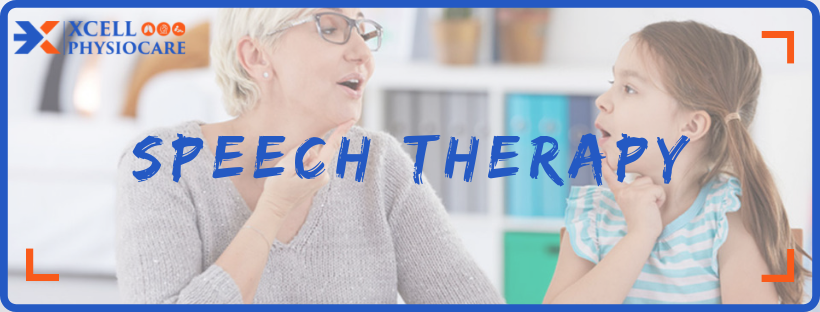How it Benefits:
Language intervention activities: The SLP will interact with a child by playing and talking, using pictures, books, objects, or ongoing events to stimulate language development. The therapist may also model correct vocabulary and grammar and use repetition exercises to build language skills.
Articulation therapy: Articulation, or sound production, exercises involve having the therapist model correct sounds and syllables in words and sentences for a child, often during play activities. The level of play is age-appropriate and related to the child's specific needs. The SLP will physically show the child how to make certain sounds, such as the "r" sound, and may demonstrate how to move the tongue to produce specific sounds.
What conditions are treated with Speech Therapy?
1. Articulation disorders: difficulties producing sounds in syllables or saying words incorrectly to the point that listeners can't understand what's being said.
2. Fluency disorders: problems such as stuttering, in which the flow of speech is interrupted by abnormal stoppages, partial-word repetitions ("b-b-boy"), or prolonging sounds and syllables (snake).
3. Resonance or voice disorders: problems with the pitch, volume, or quality of the voice that distract listeners from what's being said. These types of disorders may also cause pain or discomfort for a child when speaking.
4. Receptive disorders: difficulties understanding or processing language.
5. Expressive disorders: difficulty putting words together, limited vocabulary, or inability to use language in a socially appropriate way.
6. Cognitive-communication disorders: difficulty with communication skills that involve memory, attention, perception, organization, regulation, and problem solving.


